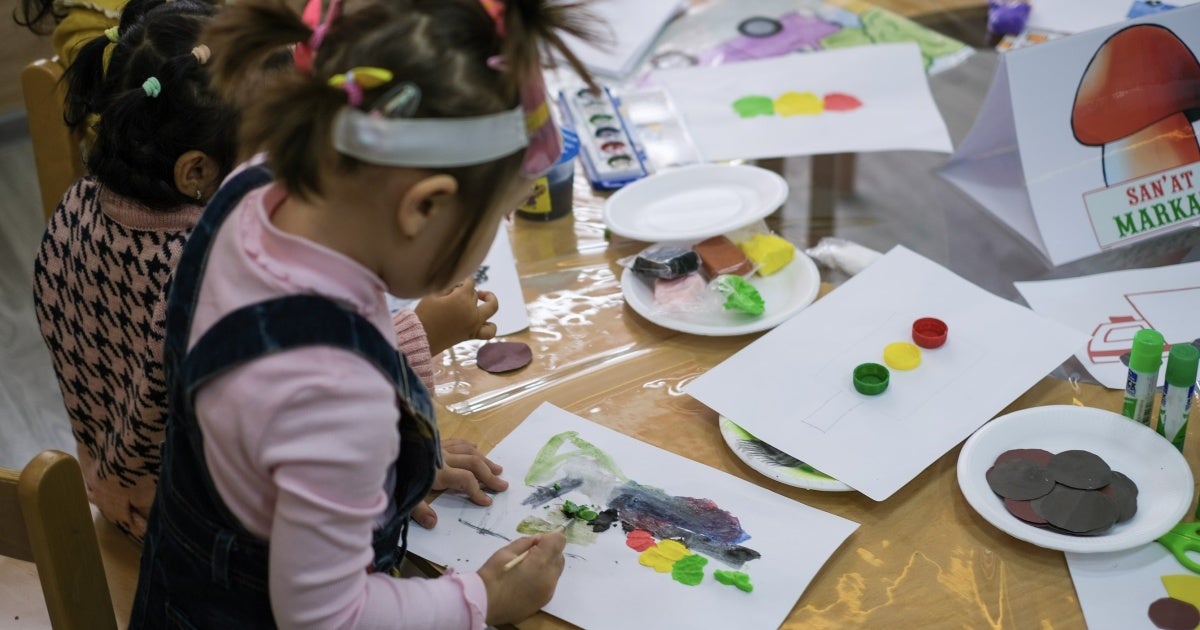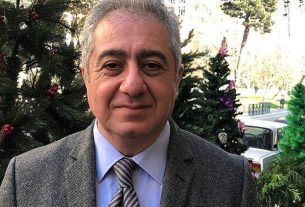Momentum is mounting for a new global treaty to secure every child’s right to free education. This week, countries gathered at the United Nations in Geneva to advance negotiations on an optional protocol to the Convention on the Rights of the Child.
The proposed treaty would close a gap in international law. The convention guarantees free primary education but stops short of requiring governments to deliver free secondary education to all. It is completely silent on the right to early childhood education. The protocol would recognize every child’s right to early childhood education and ensure free public education from pre-primary through the end of secondary.
The turnout was striking: 92 countries participated. The initiative is led by Sierra Leone, Luxembourg, and the Dominican Republic, backed by a cross-regional coalition. Five new countries announced support, bringing to 58 the number publicly supportive of advancing the initiative. Closing the meeting, the chair from Sierra Leone – a low-income country that already guarantees 13 years of free education – launched an intensive round of consultations to discuss key principles and develop the foundations of the new treaty. They plan to reconvene in 2026.
Several countries showcased reforms they had introduced that are reshaping children’s lives. Spain and France highlighted the transformative power of early childhood education; both introduced three years of free preschool education. Ghana reported soaring enrollment after expanding free secondary education years in 2017, particularly among low-income students. Zambia shared its adoption of free secondary education in 2022, while Ecuador highlighted its constitutional guarantee to free public education, including university.
What would make this treaty unique is the central role children have played in its development. Child delegates from Croatia, Indonesia, Liberia, Mexico, and the United Kingdom spoke with urgency about the burden tuition and school fees have on families and what might be achieved in a world where pre-primary and secondary education are truly free. As Karen, 16, from Mexico put it: “This protocol would help millions of children stay in school and would be key to reducing inequalities.”
The right to free education is within reach, and countries need to make building the foundations of this treaty a priority. As Roberto, 17, from Liberia, said: “What makes it truly powerful is that we, as children, were part of the process—our voices should shape the outcome.”



